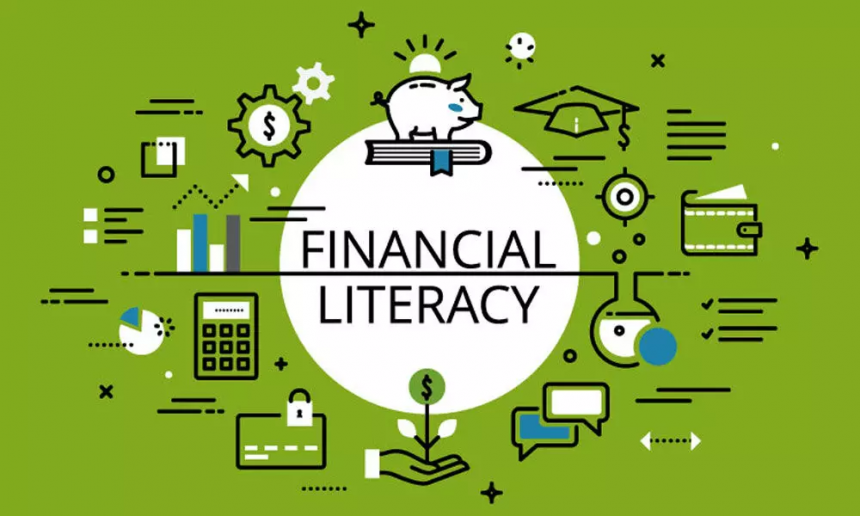
In today’s fast-paced, interconnected global economy, financial literacy has emerged as a crucial skill for individuals of all ages. As the financial landscape becomes increasingly complex with new technologies, investment opportunities, and economic challenges, understanding how to manage money effectively is no longer optional—it’s essential.
What Is Financial Literacy?

At its core, financial literacy refers to the knowledge and skills required to make informed and effective decisions about financial resources. This includes understanding budgeting, saving, investing, managing debt, and planning for the future. With the right tools and education, financial literacy empowers individuals to take control of their financial well-being.
Why Financial Literacy Matters More Than Ever

- Economic Uncertainty
In a world prone to economic shifts and recessions, being financially prepared can mean the difference between weathering a storm and facing significant hardships. Understanding how to build an emergency fund or invest wisely can provide a financial cushion during tough times. - The Digital Financial Revolution
The rise of digital currencies, online banking, and fintech solutions has transformed how we manage money. While these tools offer convenience, they also require a level of tech-savviness and financial knowledge to avoid scams or mismanagement. - Rising Costs of Living
From housing to healthcare, the cost of living continues to climb globally. Budgeting and financial planning are critical for staying ahead and achieving long-term goals, such as homeownership or retirement. - Investment Opportunities and Risks
With the accessibility of stock markets, cryptocurrencies, and other investment platforms, more people are exploring ways to grow their wealth. However, without a solid foundation in financial literacy, these opportunities can lead to significant losses.
Key Components of Financial Literacy

To thrive financially, individuals need to master several essential skills:
- Budgeting: Understanding income, expenses, and how to allocate resources effectively.
- Saving: Building a habit of setting aside money for short-term and long-term needs.
- Debt Management: Learning how to handle loans and credit responsibly to avoid high-interest debt.
- Investing: Knowing how to diversify and grow wealth through informed investment choices.
- Financial Goal Setting: Creating clear objectives, whether it’s buying a house, paying for education, or retiring comfortably.
How to Improve Financial Literacy

- Leverage Online Resources
Websites like Financial Libraries provide accessible, up-to-date information on various financial topics. From beginner guides to expert insights, there’s something for everyone. - Enroll in Courses
Many organizations offer free or low-cost financial literacy courses online and offline. These courses can teach practical skills and concepts to improve your financial habits. - Seek Professional Advice
Consulting with financial advisors can provide personalized guidance tailored to your unique circumstances. - Practice Regularly
Applying financial knowledge in everyday life—like tracking expenses or setting up a retirement account—can reinforce learning and build confidence.
The Role of Governments and Institutions
Promoting financial literacy isn’t just an individual responsibility; it’s also a societal one. Governments, schools, and financial institutions must collaborate to integrate financial education into curriculums and public outreach programs. By making financial literacy a priority, societies can empower citizens to achieve greater economic stability and independence.
Final Thoughts
Financial literacy is not just a skill—it’s a pathway to financial freedom and security. By taking the time to understand and manage money effectively, individuals can overcome challenges, seize opportunities, and build a future they can be proud of.
At Financial Libraries, we’re committed to equipping readers with the knowledge and tools they need to navigate today’s complex financial world. Stay informed, stay empowered, and take charge of your financial destiny.




